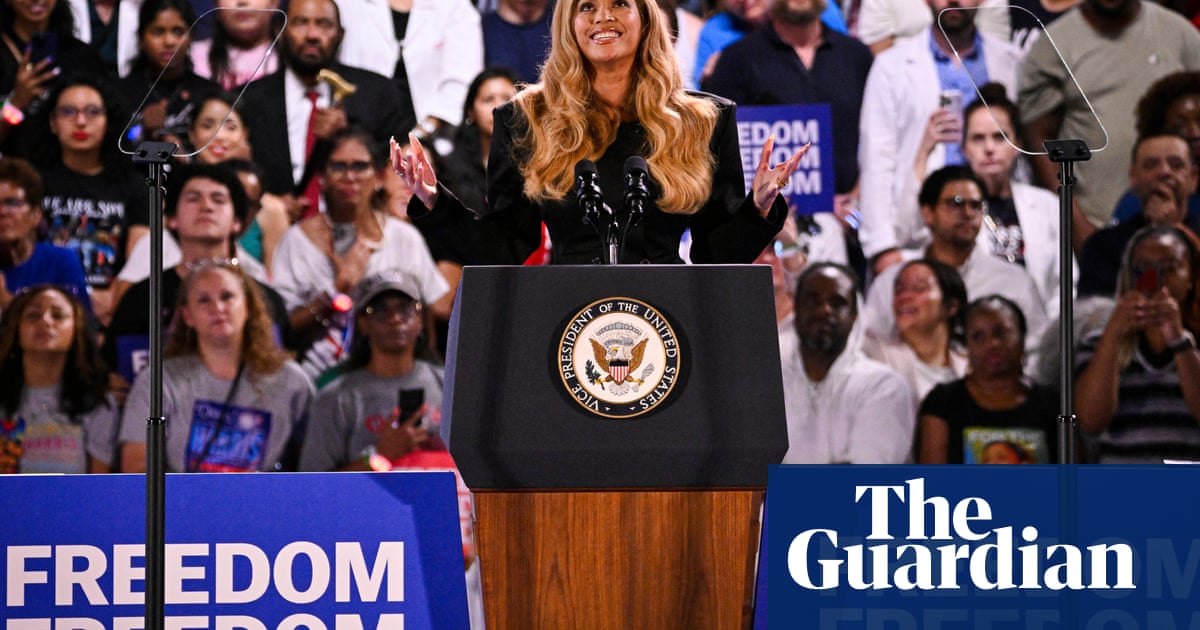Back in July, Charli xcx shared a tweet with just three words that some believed could influence the US election. This tweet came after Kamala Harris announced her presidential bid and Charli’s tweet read: “Kamala IS Brat.”
This tweet referred to Charli’s album, Brat, which had been a major presence in pop culture during the summer. The album was filled with synth-pop hits, drug references, and stories from Charli’s life of partying on dancefloors. While the comparison to the 59-year-old US vice president may not have been obvious, the message was clear: Kamala was seen as the candidate with the most energy and authenticity, and she had the endorsement of the current pop star sensation.
The Harris campaign embraced this endorsement, changing the backdrop of their official page to match the color of Charli’s album cover. This move helped distinguish Harris as a more dynamic candidate compared to her predecessor, Joe Biden. However, despite the efforts of Charli xcx and other celebrities endorsing Harris, the election results proved that these endorsements did not have a significant impact on the outcome.
Celebrities like Katy Perry, Beyoncé, Lady Gaga, and Ariana Grande had already loyal audiences who were inclined to support Kamala Harris. Taylor Swift, a prominent figure in both country music and pop, also endorsed Harris, but it was noted that her influence did not reach certain key demographic groups that ultimately helped Trump win the election, such as Latinos and black men.
Research has shown that while celebrity endorsements can boost civic engagement and voter registrations, they do not necessarily sway people’s actual voting decisions. Factors like family, friends, personal values, and individual research play a more significant role in how people choose to vote.
Recent data indicates that celebrity endorsements may not have a direct correlation to the success of the endorsed candidate. While they can promote overall civic engagement, the impact on voting outcomes remains uncertain. Some voters even admitted that endorsements from celebrities like Taylor Swift made them less likely to vote for the endorsed candidate.
There has been a long history of seeking celebrity endorsements in politics, but the effectiveness of such endorsements is debated. Some argue that celebrities are disconnected from the average person’s reality and their endorsements may not carry much weight with the general public. The perception of celebrities as detached elites has led to skepticism towards their influence in politics.
Despite these challenges, politicians continue to seek out celebrity endorsements during elections. While the impact of these endorsements may not always be clear, they are still seen as valuable in raising awareness and engaging voters. Ultimately, the most impactful celebrity endorsements in US elections have come from candidates who were already celebrities themselves.
In conclusion, while celebrity endorsements remain a common strategy in political campaigns, their actual impact on voting behavior is complex and not always definitive. The influence of celebrities in politics will continue to be debated, with the dynamics between fame, power, and public perception shaping the role of endorsements in future elections.
